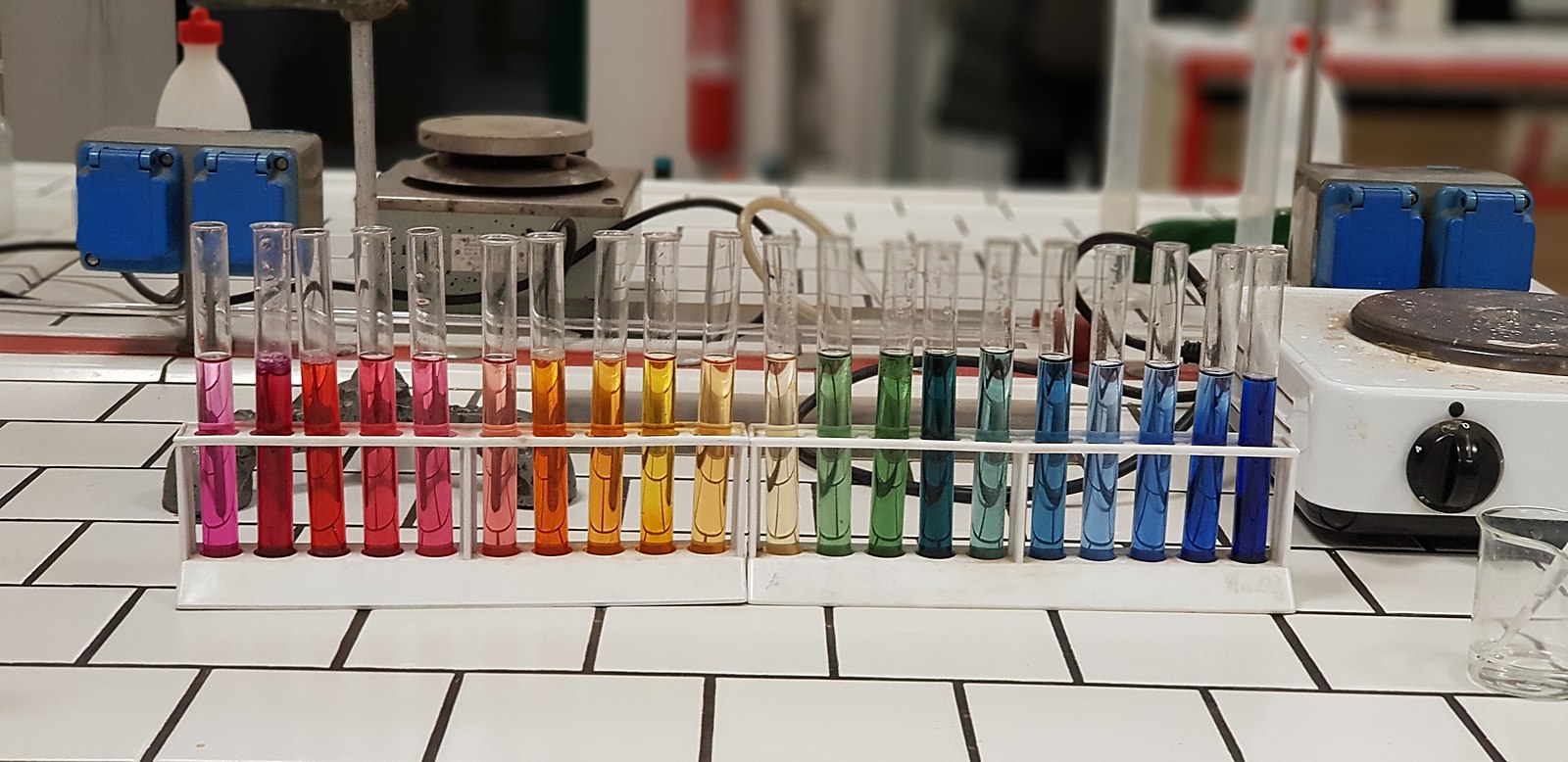The pH of dimethyl sulfoxide (DMSO) in water is a complex topic due to the unique properties of DMSO as a solvent. DMSO is highly basic, with a proton transfer energy of -4.6 kcal mol-1, making it more basic than water. This means that adding DMSO to water can increase the pH of the solution, but the pH scale in DMSO is different from that in water, with a pH of up to 35 possible in pure DMSO.
Understanding the pH Scale in DMSO-Water Mixtures
When DMSO is added to a buffer solution, it can cause the pH to increase due to its high basicity. This is because DMSO can react with water to form hydroxide ions, which can increase the pH of the solution. The presence of other components in the buffer solution, such as thiamine diphosphate, can also affect the pH of the solution when DMSO is added.
To accurately measure the pH of a DMSO-water mixture, special considerations must be taken. Standard pH indicators and meters are not calibrated for mixtures of water with other solvents, so careful standardization work is necessary to find an accurate pH value. Additionally, the pH scale in DMSO is different from that in water, so a different scale must be used to measure the pH in DMSO.
Balancing the pH of DMSO-Water Mixtures
To balance the pH of a DMSO-water mixture, acid can be added to lower the pH. However, the pH scale in DMSO is different from that in water, so the amount of acid needed to lower the pH may be different from what would be needed in a pure water solution. It is also important to note that adding acid to a DMSO-water mixture can cause exothermic reactions, so the mixture should be cooled before adding acid to prevent overheating.
Factors Affecting the pH of DMSO-Water Mixtures
Contaminants and chemicals present in DMSO can also affect the pH of a DMSO-water mixture. For example, water content in DMSO can lower the pH of the solution. Impurities in DMSO can also affect the pH, so it is important to use high-purity DMSO for experiments.
Conclusion
In summary, the pH of DMSO in water is a complex topic due to the unique properties of DMSO as a solvent. To accurately measure and balance the pH of a DMSO-water mixture, special considerations must be taken, including using a different pH scale and carefully standardizing the solution. Contaminants and chemicals present in DMSO can also affect the pH, so it is important to use high-purity DMSO for experiments.
References:
– Acidity of Strong Acids in Water and Dimethyl Sulfoxide – ACS Publications
– Effects of pH and DMSO content on the thermal and rheological properties of HM pectin gels
– An operational pH in aqueous dimethylsulfoxide based upon the proton activity
– pH increase with addition of DMSO? : r/chemistry – Reddit
– Determination of acidity in 80% dimethyl sulfoxide-20% water

